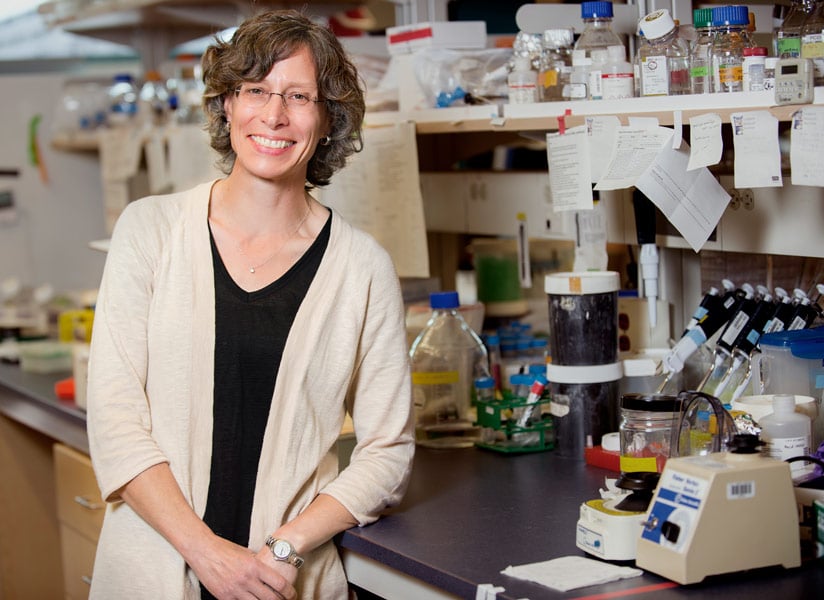NETRF-AACR Grant Award Announced
Sharon Gorski, PhD, Genome Sciences Centre, Canada, has recently been awarded a two-year Neuroendocrine Tumor Research Foundation (NETRF)–American Association for Cancer Research (AACR) 2017 grant to use a new method of proteogenomic analysis on pancreatic neuroendocrine tumors (PNETs).
 The Gorski study uses an innovative, first-of-its kind, method called SP3-clinical tissue proteomics (CTP). This new approach overcomes limitations of traditional methods and was developed in the laboratory of Gregg Morin, one of the project collaborators. CTP will be used to analyze preserved tumor tissue samples to identify novel biomarkers, disease pathways, and therapeutic targets in PNETs.
The Gorski study uses an innovative, first-of-its kind, method called SP3-clinical tissue proteomics (CTP). This new approach overcomes limitations of traditional methods and was developed in the laboratory of Gregg Morin, one of the project collaborators. CTP will be used to analyze preserved tumor tissue samples to identify novel biomarkers, disease pathways, and therapeutic targets in PNETs.
“The objectives of this study are to develop molecular classifiers for PNETs to reveal molecular subclasses and identify novel disease-specific alterations,” said Sharon Gorski, PhD.
CTP creates an in-depth quantitative map of the protein expression in a tumor tissue sample. Proteins can play a pivotal role in the development and progression of cancer. By identifying and understanding proteins, we can work towards targeting them therapeutically to interrupt the life cycle of cancer cells. The study may even reveal different treatment approaches in tumors that express a certain protein, helping to personalize a patient’s treatment options.
Sharon Gorski, PhD, is Senior Scientist, Michael Smith Genome Sciences Centre, British Columbia Cancer Agency; Professor, Department of Molecular Biology and Biochemistry, Simon Fraser University; and Affiliate Associate Professor, Department of Medical Genetics, University of British Columbia.
NETRF has collaborated with AACR on research grants for since 2010. This collaboration helps improve awareness and exposure of NETs among the AACR’s membership of 25,000 cancer researchers and clinicians.



